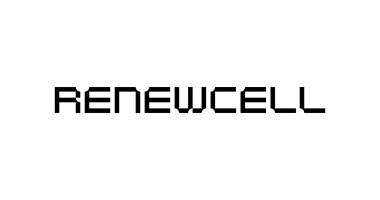Renewcell and Kelheim Fibres form collaboration to establish a European closed loop for fashion
Renewcell and Kelheim Fibres Gmbh have signed a Letter of Intent for a long term commercial collaboration to add the crucial missing link for a circular economy for textiles in Europe. Together, the two technology leaders will collaborate on developing com mercial scale production of superior quality viscose fibers from up to 10 000 tonnes of Renewcell’s 100% textile recycled material Circulose® annually. The collaboration paves the way toward a fully European closed loop in which textile waste is collected, recycled and regenerated into new Circulose® fibers for people that want to reduce their fashion footprint significantly.
"European fashion consumption has great impact on climate and the environment globally. It also contributes to tremendous amounts of waste going into landfill and incinerators either in Europe or abroad after export. We will now work with Kelheim to prevent waste and reduce the need for virgin resources, while also enabling a fully regional supply of low impact circular fibers for text iles” comments Patrik Lundström, CEO of Renewcell. “We are thrilled for the opportunity to work closely with a partner like Kelheim, who is at the leading edge of innovation and sustainability in this industry” he adds.
Craig Barker, CEO at Kelheim Fibres adds: "We see an excellent fit between our two companies, not only on the technical side with Renewcell we have found a highly professional partner who shares our vision for future forward technologies that enable full circularity in the textile chain. Finding the answers to the challenges of our times is what drives us every day. Our recycled cellulose fibre solution made of Renewcell’s Circulose® and manufactured using environmentally sound processes at our Kelheim plant is an answer to the fashi on industries need for sustainable, resource and waste reducing solutions, and a more regional and reliable supply chain."









